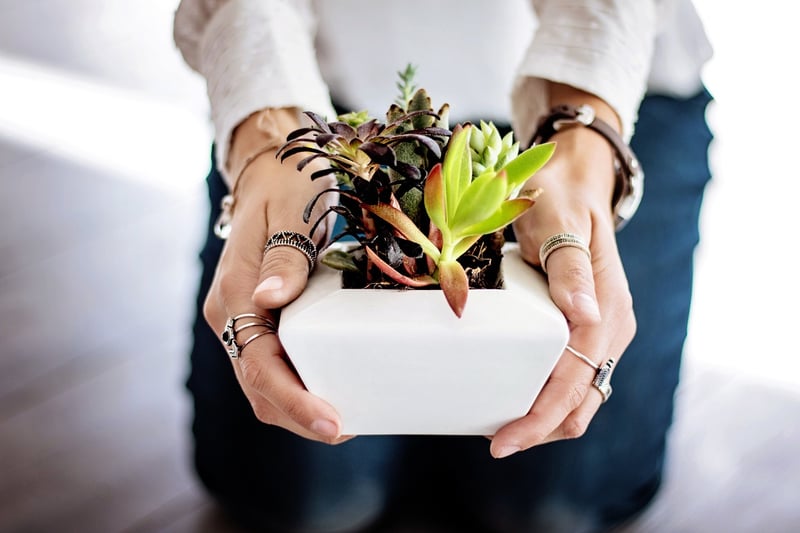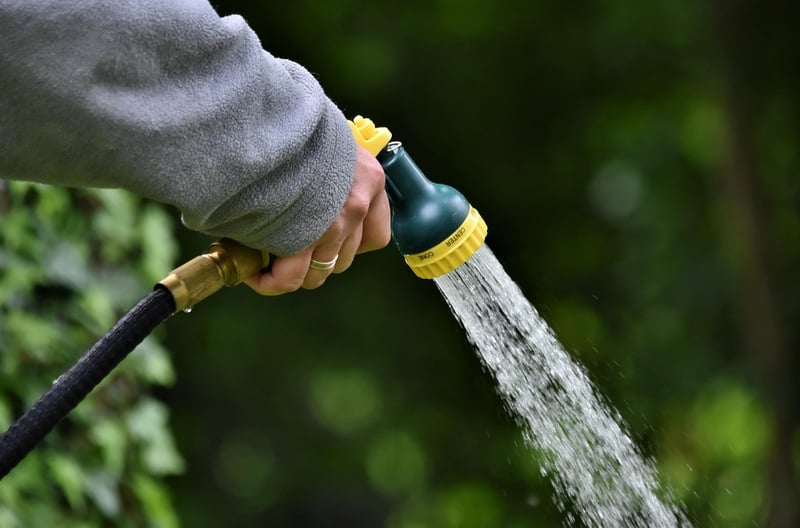Watering Techniques
Enhance Your Gardening Skills with Effective Watering Techniques
Gardening is a rewarding and therapeutic hobby that allows you to connect with nature and create beautiful outdoor spaces. One essential aspect of successful gardening is mastering the art of watering. Proper watering techniques not only promote the health and growth of your plants but also help conserve water and save time and effort. Here are some valuable tips to enhance your gardening skills through effective watering:
1. Watering Schedule
Establishing a consistent watering schedule is crucial for the well-being of your plants. Different types of plants have varying water requirements, so it's essential to research and understand the specific needs of each plant in your garden. Generally, it's best to water early in the morning to minimize water loss due to evaporation.
2. Watering Techniques
Instead of shallow and frequent watering, focus on deep watering less often. This encourages plants to develop deep root systems, making them more resilient to drought conditions. Use a watering can, garden hose, or drip irrigation system to deliver water directly to the plant's roots.
3. Mulching
Adding a layer of mulch around your plants helps retain soil moisture, reduce evaporation, and suppress weed growth. Organic mulches like wood chips, straw, or compost not only conserve water but also enrich the soil as they break down.
4. Soil Quality
Well-draining soil is essential for healthy plant growth. Ensure your garden soil is well-aerated and has good drainage to prevent waterlogging, which can lead to root rot. Amending your soil with organic matter like compost can improve its water retention capacity.
5. Monitor Plant Health
Regularly inspect your plants for signs of overwatering or underwatering. Yellowing leaves, mold growth, or wilting can indicate water-related issues. Adjust your watering routine based on the plant's response to ensure optimal hydration.
6. Rainwater Harvesting
Consider setting up a rainwater harvesting system to collect and store rainwater for watering your garden. Rainwater is free of chemicals, soft, and slightly acidic, making it an excellent natural source of water for plants.
By implementing these effective watering techniques, you can elevate your gardening skills and nurture a thriving garden filled with lush, healthy plants. Remember, proper watering is key to a vibrant and flourishing garden.

Start incorporating these tips into your gardening routine and witness the transformative impact of proper watering on your garden's vitality and beauty.
Happy gardening!
